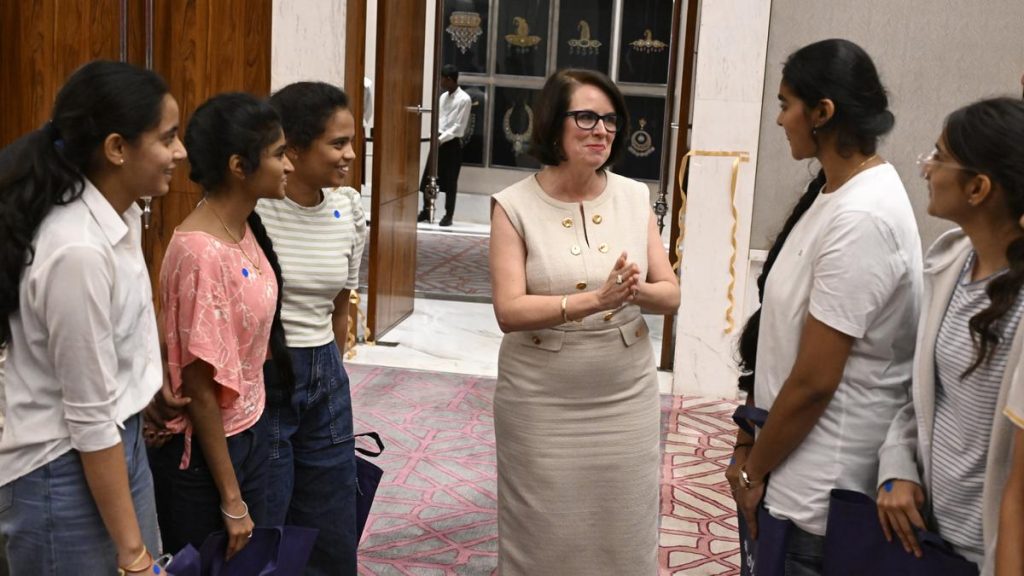Now Reading: Kerala Students Flock to Europe for Higher Education, Choosing It Over the US
-
01
Kerala Students Flock to Europe for Higher Education, Choosing It Over the US
Kerala Students Flock to Europe for Higher Education, Choosing It Over the US

Speedy Summary:
- Indian students from Kerala are increasingly opting for European universities over those in the US and Canada due to flexible visa policies,lower tuition fees,affordable living costs,streamlined admissions processes,and post-study work opportunities.
- Difficulties in obtaining jobs or permanent residency in the US are key deterrents.Students cite challenges such as lengthy wait times for green cards and limited work permit extensions.
- European universities frequently enough provide free or low-cost education (e.g.,Germany) along with post-study visas typically lasting 18 months to two years.
- Students highlight advantages such as better work-life balance, cultural exposure, and the ability to travel across multiple Schengen nations on a single student visa.
- Ongoing diplomatic friction between India and Canada has impacted financial aid options. The State Bank of India has not yet resumed education loans to some top Canadian universities through its Global Ed-Vantage program.
- Countries like Germany, the UK, France, Latvia, Malta, Lithuania, and Poland are becoming popular study destinations among students from Kerala despite potential language barriers. Language training institutions are available locally to address this challenge.
Indian Opinion Analysis:
This shift towards European universities reflects broader global trends among Indian students prioritizing affordability and diverse opportunities over customary strongholds like the US or Canada.Key reasons include policy ease (such as accessible post-study visas), improved quality-of-life indices abroad compared to overstretched employment opportunities elsewhere.
Language challenges notwithstanding-addressed by preparatory training institutes-the emerging preference for Europe signals India’s capacity for adapting education choices based on economic realities rather than fixed perceptions of prestige destinations. This trend may push educational consultancies/banking systems domestically toward bolstering support structures enabling transitions abroad efficiently. Adjustments in bilateral frameworks might accelerate if other countries wish deeper engagement benefits accruing!!
























